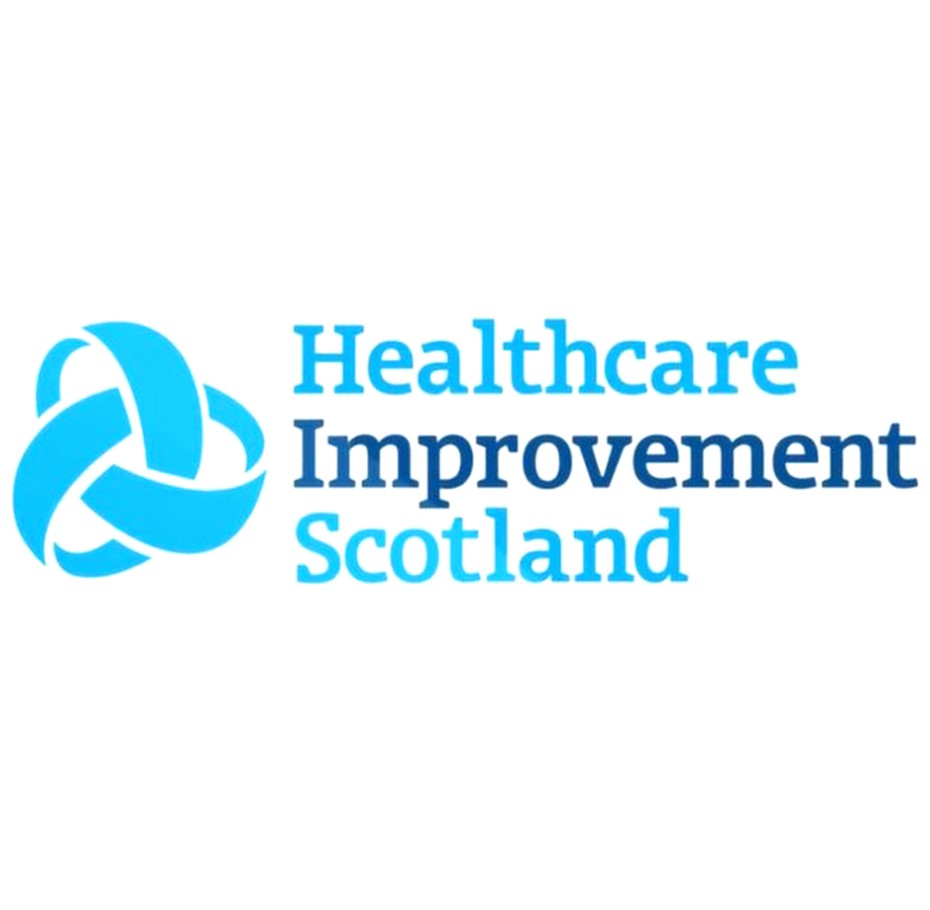Diarrhoea is the passage of frequent loose stools with urgency. It can be defined as the passage of more than three unformed stools within a 24 hour period.
Patients may describe diarrhoea as a single loose stool, frequent stools of normal or even hard consistency, or faecal incontinence, so careful clarification of the term is always required.
Diarrhoea can be a distressing and exhausting symptom for both the patient and their carers. It is important to remember that it can be an embarrassing symptom and impact on dignity, mood and relationships.
Possible causes:
- drugs including laxatives, antacids, antibiotics, non-steroidal anti-inflammatory drugs (NSAIDs), chemotherapy agents, disaccharide-containing (sugar-free) elixirs, iron
- radiotherapy, particularly when involving the abdomen or pelvis
- faecal impaction resulting in diarrhoea as overflow
- obstruction: malignant faecal impaction, narcotic bowel syndrome (severe constipation caused by opioid analgesia)
- malabsorption
- pancreatic carcinoma, pancreatic islet cell tumours, carcinoid tumours
- concurrent disease, for example diabetes mellitus, hyperthyroidism, pancreatic insufficiency, inflammatory bowel disease such as Crohn’s disease, ulcerative colitis, gastrointestinal infection
- diet, for example bran, fruit, hot spices, alcohol.
